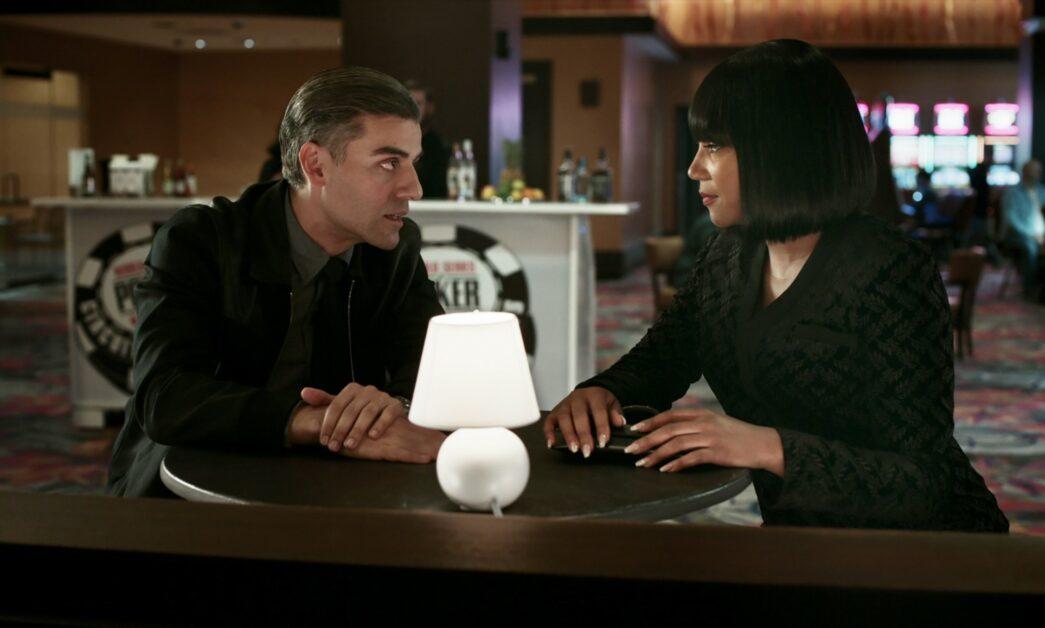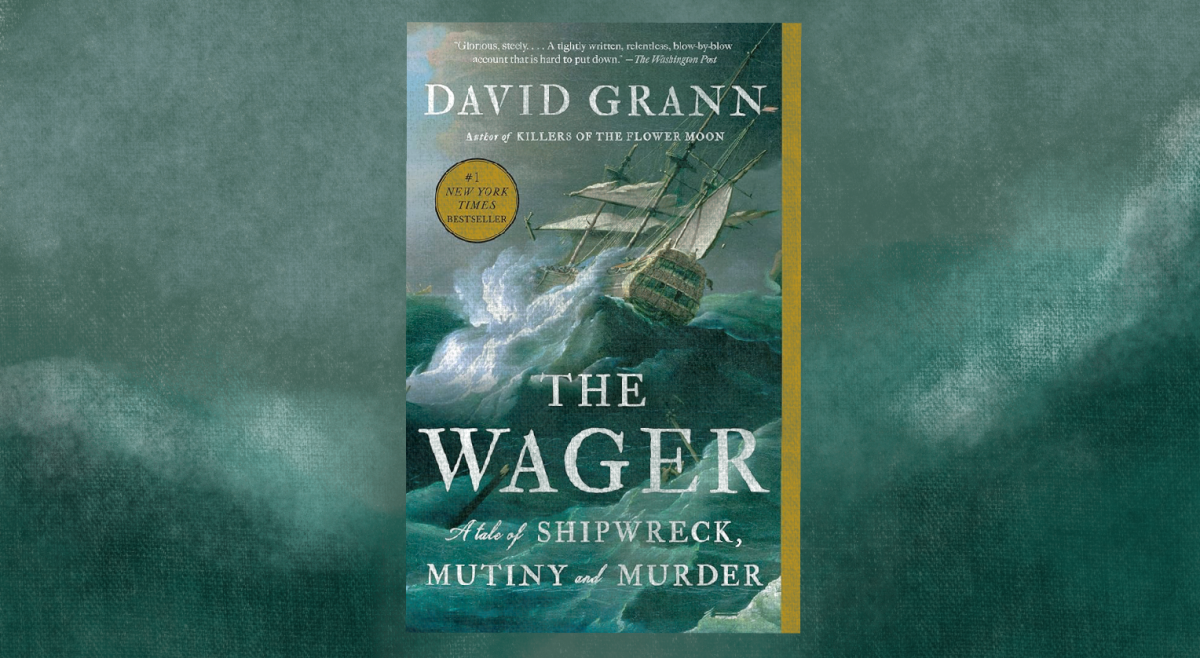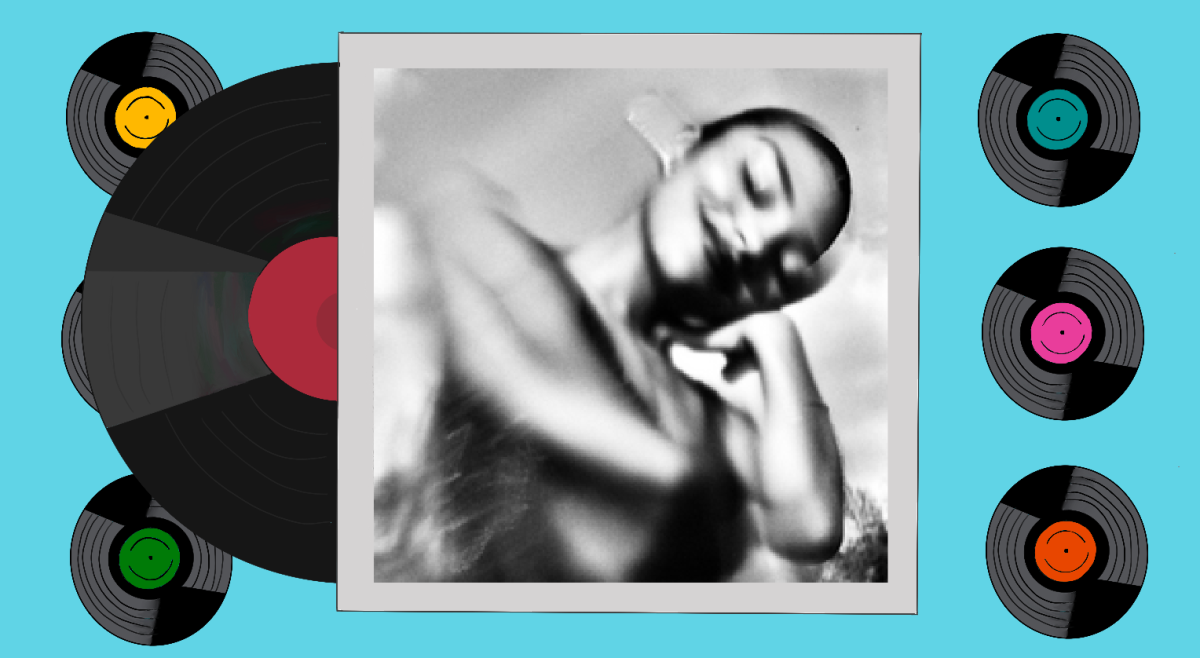Fresh off the haunting, daring, and intriguing First Reformed, writer and director Paul Schrader returns in 2021 with the similarly flavored The Card Counter. But The Card Counter takes less of an existential approach and relies more on the push and pull of characters to generate conflict. The film is about the influence past actions can have on decisions in the present. Marketed as a high-stakes, high-tension thriller that takes place at felt tables and roulette wheels, the film better resembles a lively character study surrounding a stoic man undergoing a complex, internal crisis at the hands of external forces. Not a fish out of water, but a fish forced to swim in a completely different direction.
Oscar Isaac plays William Tell, an ex-convict turned regular poker player. Going from motel to motel, Tell hustles each mundane casino, taking just enough winnings to stay undercover and continue his trek to the next blackjack table. He spends most of his day companionless, and Schrader visually communicates Tell’s disinterest in making any friends, implementing slow-motion camera movements to dramatically emphasize the monotony of the otherwise spectacle of a casino. He comes back to his isolated motel room at night, journaling his thoughts before falling asleep above the bed sheets. From the moment we meet Tell, his life out of prison is filled with clues about the peace he found from his life in prison.
His routine life changes once he is introduced to Cirk, played by Tye Sheridan, and the following day to Lalinda, played by Tiffany Haddish. After hearing each of their life stories, Tell sets out to use his card counting abilities to help out his new companions by competing in some high-stakes poker events, hoping to earn enough to support Cirk, who has his own troubled past.
Although harmed by a stiff acting performance from Haddish, whose turn in a dramatic role hits some, but not all, of the necessary beats, The Card Counter is anchored by a career-best performance by Isaac. Isaac presents audiences with a character whose internal struggles are so clearly pitted against his hard-nosed attitude, and most of this emotion is communicated through his facial expressions and body language.
Schrader also gives audiences a brilliant script and a textured and well thought–out cinematographic style that keeps each character grounded in realism, but still captures the dramatic and dark tones that are necessary to take the film seriously.
For those who appreciated the bold creative choices made in First Reformed, it’s obvious Schrader tries something similar here in The Card Counter. No matter whether these choices land as effectively in the latter as in the former, what can be said for certain is the prominence and relevance of Schrader’s voice in independent cinema. In a decade where the future of film outside of franchises and streaming giants looks bleaker, Schrader serves as a poignant example of the allure classic cinema can still hold.
Photo Courtesy of Focus Features



















